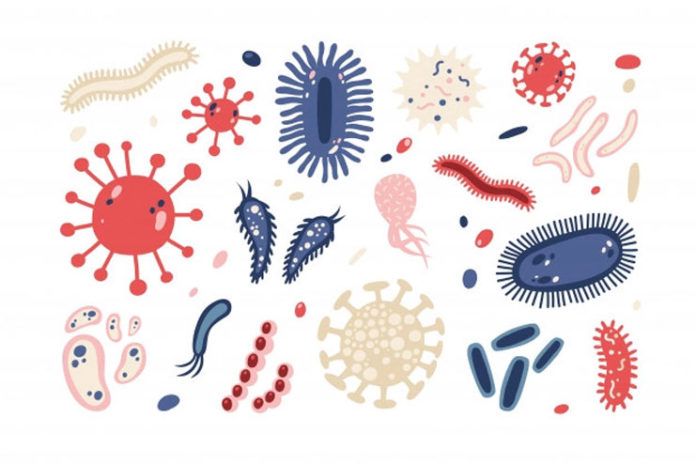Affiliate Disclaimer
Some links in this article are affiliate links. We may earn a small commission if you make a purchase through these links, at no extra cost to you. We only recommend products we find useful to our readersThere are several pathogens that act as the agents for infections and diseases. They target the vulnerable body to sustain and live. Pathogens are also referred to as microorganisms which multiply rapidly. You must have heard about bacterial infection or viral infections. These are not the only types of infections. There are five types of common infections which are caused by the five different agents.
The infections are communicable in different ways like with skin contact, consumption of contaminated water. Infections can be spread when you touch the object that is touched by an infected person. The other ways of infections spreading is through air filled with particles and droplets.
Awareness of diseases and their causes can prevent the illness to some extent. It helps you take the needed measures to keep the infections at bay. Learn about the five types of infections and the relevant information that comes along with it.
Do You Know The Various and Common Types of Infections?
1. Bacterial infection
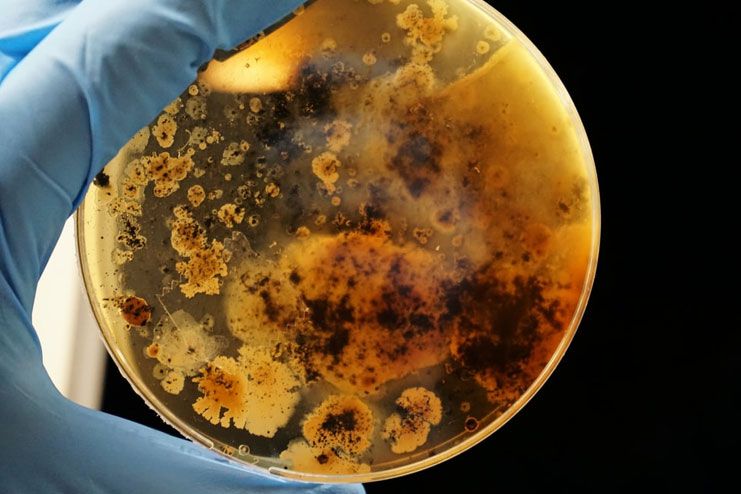
The shape of bacteria is not definite as it varies based on the type. The three shapes that make bacterial an identical microorganism are spherical, rod shaped and spiral. Bacterial infections are again classified in various types-
a. Bacterial infection on skin
When there is a cut or wound on skin is invites bacteria to attack with infection. The most common bacterial skin infections are abscesses (pus filled bumps on skin), cellulitis (affects the lower layers of skin) carbuncles (infection in the hair follicles). There are various other bacterial infection types.
b. Lung bacterial infections
If a person is has cough and phlegm then it could be lung bacterial infection. Bacterial lung infection can be probably causes by these bacteria together- chlamydial pneumonias, haemophilus pneumonia, Legionella pnemonia, Pneumococcal pneumonia and Pseudomonas pneumonia. Among these, the most infectious bacteria for lung infection is Pneumococcal pneumonia. The bacterial lung infections are classified as “pneumonias” which is divided into mentioned types.
c. Bacterial infections in stomach and digestive tract
Mostly stomach bacterial infections are caused when the harmful bacteria invade the intestines or stomach. The types of bacterial infection in stomach and digestive tract can be due to food. Consuming contaminated water and under cooked meat can cause this type of bacterial infection. So, we can say it is a food or fluid borne bacterial infection.
The classified types of bacterial infection in stomach are coli, pylori, listeria, salmonella. All these are affected with unhealthy or unhygienic consumption of water and food.
d. Sexually transmitted bacterial infections
Sexually transmitted infections are an effect of dreadful bacteria. The infection can result in dysfunction of reproductive system for males and females. The major bacterial infections are chlamydia, gonorrhea, syphilis which can be fatal.
Treatment for bacterial infection
Generally, bacterial infections are treated with antibiotics to reduce the effects of bacteria. (R) Doctors may prescribe the pills with antibiotic treatment or may give ointments to cure the skin infections. There are also certain medical immunisation to prevent the dangerous bacterial infections.
2. Viral infection
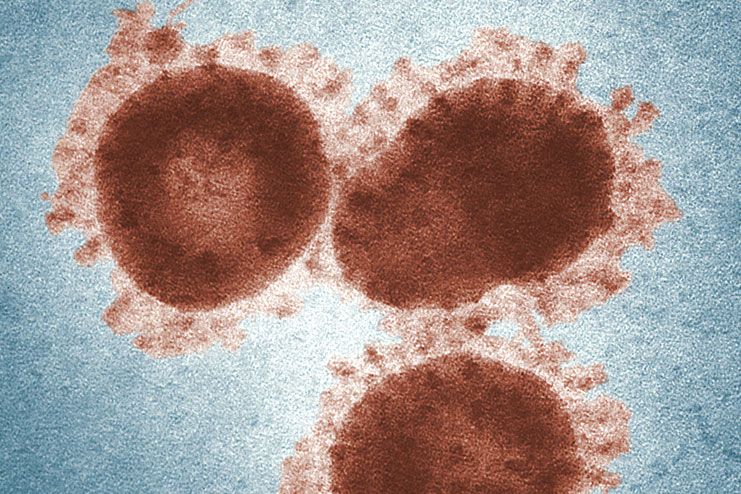

There might be millions of viruses but over 5,000 types are discovered yet. Virus come along with a host attaching to a cell. Once they attach to a cell, they release the genetic material which multiplies the viruses. When the cell is damaged, it gives rise to new virus that infects the other cells in the body. Again it doesn’t mean, all the viruses kill their host cell.
Also a few viruses are multiplied in an uncontrollable way which causes certain cancers. A few types of viruses are dormant for a period and reactiviate again.That is how a virus infected person recovers and falls sick due to the changes.
Treatment for viral infection
Viral infection treatment is different from bacterial infection. Antibiotic medicines do not work in treating this type of infection. It must be antiviral medicines to treat or prevent the viral infections. Vaccines are an ultimate way to prevent from viral infection. The vaccines for anti viral protection are made of certain potent drugs. The drugs are given to treat the viral fevers as well.
3. Fungal infection
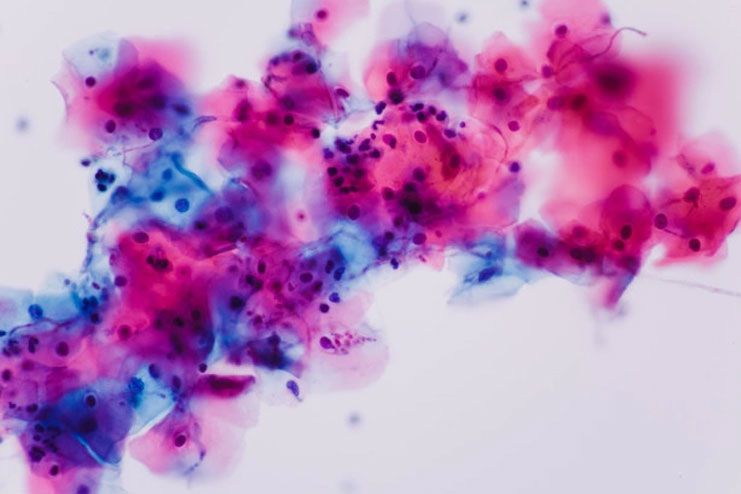
Fungus is shaped in cylindrical shape with small branch like filaments that are connected to main body. There are millions of fungus spices from which cause serious or milk infections. If there is any skin infection then it could be fungal. We can say this as many fungal infections effect the skin top layers and few can also infect the deep layers of skin.
Fungal infections that are popular are ringworm, histoplasmosis, candidiasis, fungus on toenails, eye infections. The main cause for fungal infections poor immunity, long term antibiotic treatment and few medications.
Treatment for fungal infection
If it is yeast infection then the patient will be given the standard medicines including creams, tablets. These medications must be doctor prescribed before using it to treat the fungal infections. Fungus in toenails and athelete’s foot are treated with anti fungal ointments.
4. Protozoan infection
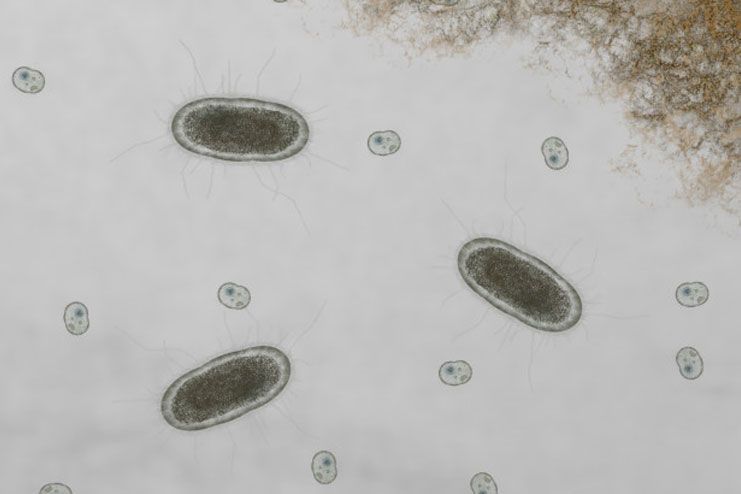
The best examples of protozoa are malaria, giardia and toxoplasmosis. These infections infect differently. Malaria infects blood, giardia infect the gut first and toxoplasmosis infect the eye, brain and lymph nodes. Sadly, malaria is infecting 3.3 billion people every year and 1.1 million are killed.
Treatment for protozoan infection
Protozoan infections are controlled and treated with drugs. If the protozoa is drug resistant then drugs can be the possible treatment. Though the fatal protozoan infections became rare in developed world, there is still 40% affected worldwide according to WHO.
In developing countries, vaccines are not less available which makes the chemotherapy a best treatment for protozoan infections. (R)
5. Worm infection
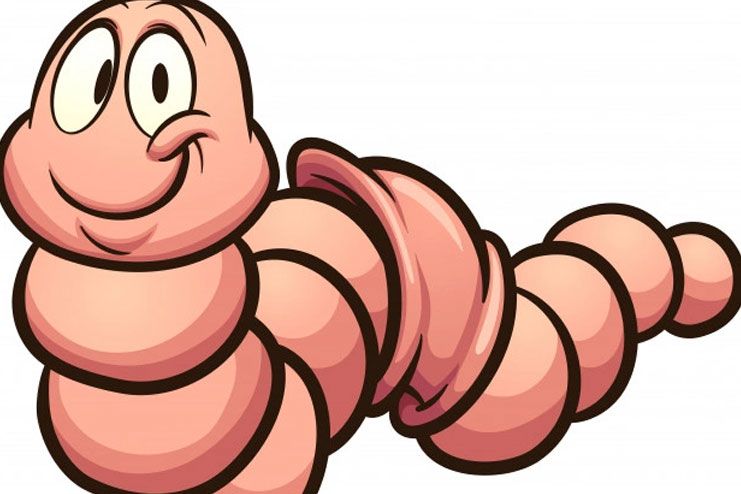
The main cause for worms in stomach is ingestion of contaminated water and soil. Once a person consumes these contaminated substances, it gives rise to parasite that enters the intestine. After the worms reproduce and keep growing in size, then the infected person may experience the symptoms.
Mostly children are at risk of worm infection as there are chances of playing in contaminated soil and unhealthy environments. But even old people are at risk of worm infections as the immunity gets weaker.
People who live in developing countries are more at risk of intestinal worms due to poor sanitation and consumption of contaminated water.
Treatment for worm infection
If your immunity is stronger your body recovers from worm infection by itself. If there is continuation of infection then your doctor may prescribe the antiparasitic medication.
Again the treatment is based on the type of worm that infected your stomach. For example, tapeworms are treatment with oral medication like pills or syrups which excrete the worms out the gut through stool.
It will take weeks of time to detect whether the worms are detached from the stomach. The infected person will have to undergo another a medical checkup post treatment.
Symptoms of infections
Symptoms of the infections are vary on the organism that is affecting you. It depends on the type of infection. You must not ignore any illness or take the medicines that are not prescribed. Though the symptoms are not the same for all types of infections, you can still be careful. There are some of the very common symptoms that must not ignore but consult the doctor-
- Fever or fever and headache
- Sever and constant cough
- Phlegm production
- Throat pain
- Chills and excess sweat
- Breathing difficulty
- Nasal congestion
- Runny nose
- Pain or burning while urination
- Frequent urination
- Excessive vaginal discharge or itchiness
- Redness, swelling
- Diarrhea
- Vomiting
- Fatigue
- Abdominal pain
- Gas bloating
Causes and Risk Factors of Infections
Causes of the various types of infections is the living organisms which are parasites, pathogens and microorganisms. The infectious agents bacteria,virus, fungi, protozoa and worms. These organisms infect the human body and cause the disease. The causes are includes both direct contact and indirect contact.
a. Person to person
The types of infections can be transmitted from an infected person to another person. It is through the touch, cough, sneeze, from an infected person. The infectious organisms may also transfer from a person to person during sexual intercourse. The exchange of body fluids with infected person can infect the other person.
b. Animal to person
The bite or scratch of an infected animals can cause infection. It could be your pet too if its infected. Cleaning the animals waste can cause infection or be a risk factor of an infection.
c. Mother to an unborn infant
There is a possibility of a pregnant woman infecting her unborn infant through placenta or breast milk. Even vaginal infection can affect the baby during the birth.
d. Indirect contact
Infectious diseases can be caused by indirect contact. For instance, if a healthy person touches the object touched by an infected person then the infection can transmit to the healthy person as well. The organisms are the parasites that can live on objects which will be carried by the person when touching, handling the objects.
e. Contaminated food or water
The germs and pathogens in contaminated water, food can cause mass infection. It is a source that spread infections to a big population with a chain.
Choose the right way to detect the infection
The best way to detect infection is the symptoms. If you are experiencing the illness symptoms then you can detect if its an infection or a common condition. You shouldn’t panic after detecting the infection.
Preventive measures to be taken for infection
You can protect yourself from infections following the preventive measures. You don’t have to follow the specific method to prevent for each type of infection neither it has a time period to follow the measures. It is important to keep these measures in practice whenever possible-
- You must wash your hands before and after preparing food or eating food.
- Keep the surroundings dry and not moist.
- Maintain good and healthy personal hygiene.
- Regularly disinfect bathrooms and kitchens.
- Disinfect the floors and keep clean.
- Avoid eating under cooked meat.
- Must clean and wash the fruits and vegetables before eating.
- Make sure to consume safe drinking water.
- Keep the foods covered to protect from insect vectors.
- Never use other personal items like toothbrushes, razor bloods or drinking glasses.
- Take safety measures during sexual intercourse to avoid STIs.
- Maintain physical distance from an infected person.
- Don’t travel when you identify the symptoms of infections as it increases and transmits.
Complications On Health Post Infections
a. Anemia
Anemia is a common complication with infections. For example, a malaria recovered patient can suffer with anemia. The parasite destroy the red blood cells which causes anemia as a result. (R)
b. Low immunity
The viral and parasitic infections can lower the immunity for a shorter time. It will take some time for the body to recover from the effects of infections.
c. Weight loss or gain
If there is loss of appetite due to illness after infection then it can put down your weight. And the weight loss can be due to certain medications or the lifestyle changes post infection.
d. Hair damage
Due to the low haemoglobin, it can leads to hair damage. If you are seeing a rapid hair fall or brittle hair after an infection then not to panic as it is a common complication. It will take time for hair regrowth or remain the same. You will have to consult your doctor for right treatment.
When to meet a doctor?
If you are seeing a constant illness symptom/symptoms then you must meet a doctor. Don’t neglect your health taking a paracetamol or antibiotic. Don’t take any kind of medicines unless it is prescribed.
Bottom line
You must be take every careful step to prevent infection. The best protection is to eat well cooked food, maintain hygiene and sanitation. Also check your water contamination level to avoid the infections. If you any symptoms are appearing for longer time or frequently then consult a doctor. Don’t ignore the symptoms that are frequent and growing. You must be extra careful with kids health and older adults for their weaker immunity.



























